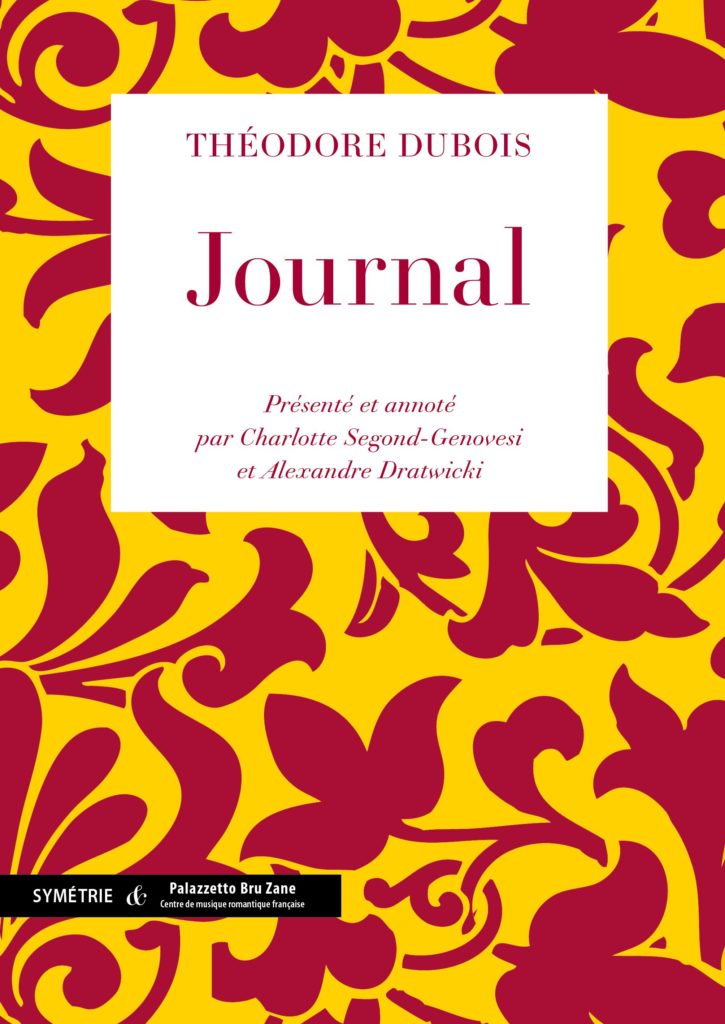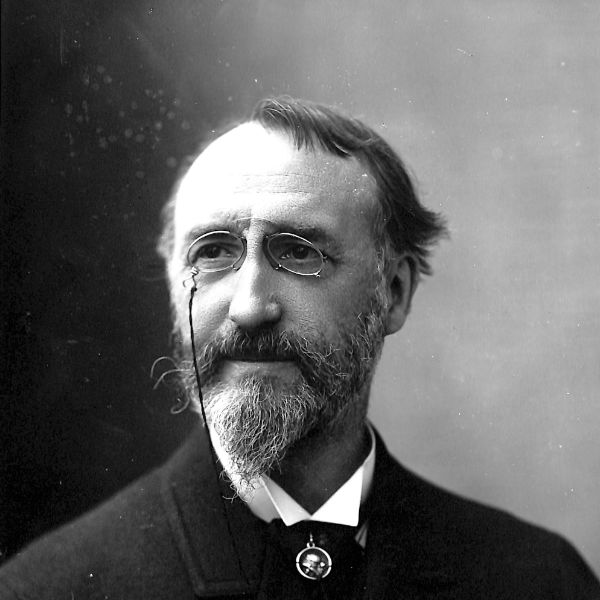Journal
From the day of his seventy-fifth birthday in 1912 until the end of his life, Theodore Dubois (1837-1924) kept a personal diary. The early pages relate the quiet daily life of a musician who had achieved recognition in official circles but whose artistic reputation was on the decline; a "Romantic" composer soon to be overwhelmed by the successive waves caused by the revolutionary modern ideas of the likes of Ravel, Stravinsky and Milhaud. With the outbreak of World War I, his diary takes a different turn. Punctuated by news from the front (distorted by the prism of a propaganda press) as well as details of personal and material concerns, the text henceforth shows its author watchful and concerned about a conflict of unprecedented proportions and with enormous stakes. Throughout these pages the composer gives an eyewitness account of the musical practices, institutions and sociabilities that came into being and were organised at the time of the Great War. A hero of a time gone by, the composer of Le Paradis perdu analyses post-war events (until 1923) with constant lucidity and wryness, often with conservatism.
Alexandre Dratwicki
Alexandre Dratwicki is scientific director of the Palazzetto Bru Zane – Centre de musique romantique française in Venice. He has a doctorate in musicology and is a former resident of the Académie de France (Villa Medici) in Rome and a graduate of the Paris Conservatoire (aesthetics). A former producer at Radio France, he has published, amongst other works, Un Nouveau Commerce de la virtuosité (Symétrie, 2005), which was awarded the Prix des Muses in the essay category, Mozart. Idées reçues (Le Cavalier bleu, 2006), L’Artiste et sa muse with Christiane Dota (Somogy, 2006) and Le Concours du prix de Rome de musique (1803-1968) with Julia Lu (Symétrie, 2011).
Charlotte Segond-Genovesi
Titulaire des prix d’histoire de la musique, d’esthétique et d’analyse du Conservatoire national supérieur de musique et de danse de Paris, Charlotte Segond-Genovesi consacre une thèse de doctorat sur la vie musicale à Paris pendant la Grande Guerre (Universités Paris-Sorbonne et Paris-Nanterre) et a publié plusieurs articles sur ce sujet. Chargée de cours à l'Université d'Evry-Val-d'Essonne (2007-2011), elle enseigne également au Conservatoire Paul Dukas du XIIe arrondissement de Paris.


 Torna indietro
Torna indietro  newsletter
newsletter webradio
webradio replay
replay
